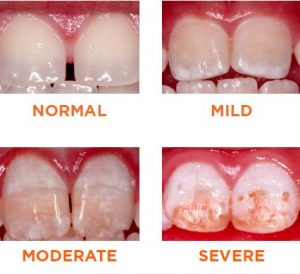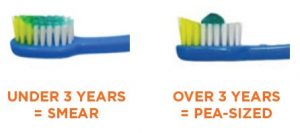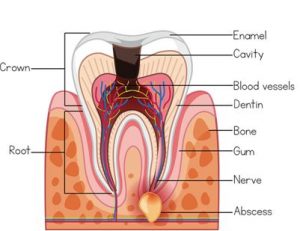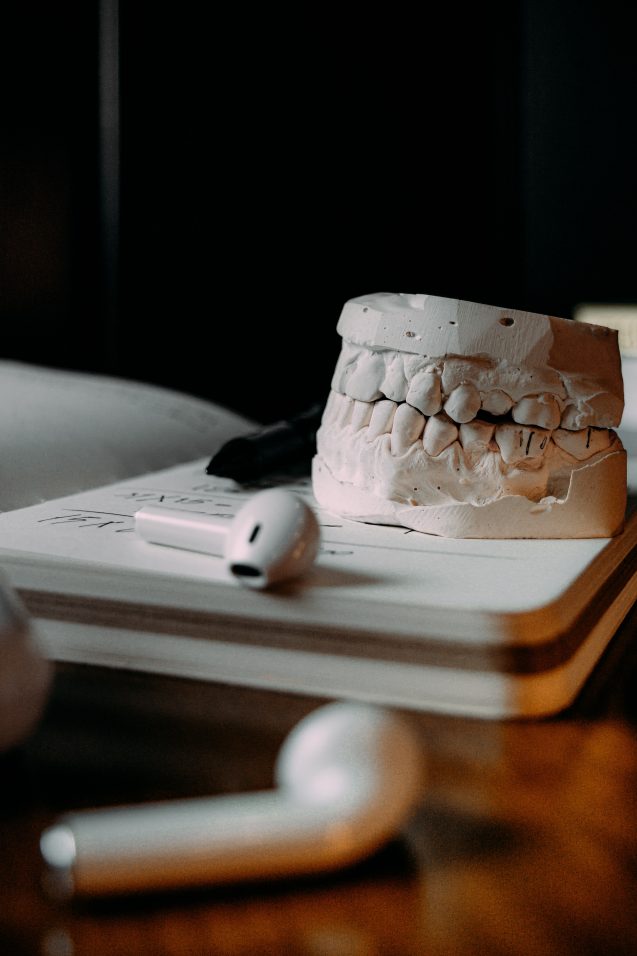What are oral piercings?
Holes that are poked in the tongue, lips or cheek that hold any kind of jewellery are considered oral piercings. This can be rings, barbells or even studs. Oral piercings do are considered a risk especially tongue piercings, this is due to the effects it can have on your mouth such as:
- Infection
- chipped or cracked teeth
- gum damage
- nerve damage (resulting in loss of sensation in the tongue)
- interference with speaking and swallowing
- potential blockage of airways due to excessive swelling
- excessive drooling
- excessive bleeding from the accidental piercing of a blood vessel or artery
- ongoing pain (neuralgia)
- HIV or hepatitis from the use of non-sterile equipment
- internal damage which may be caused by accidentally swallowing loose jewellery
How long do Oral Piercings usually last?
If you practice good oral hygiene they can last for a lifetime. However if you start to notice any signs of any problem it would be best to visit a dental professional. However it is still possible to still get complication from your oral piercing However even if you have the best oral care, damage to teeth or ingestion of loose jewellery is still possible. Before getting a piercing, always go to a trained professional that uses sterile instruments. This way you’ll be less likely to get an infection or a disease.
To take the best case of your jewellery you should be staying away from habits such as smoking or chewing tobacco. Other habits that could lead to infections would be
- Playing with or rotating your jewellery.
- Chewing on your fingernails.
- Putting a pen or a pencil in your mouth.
- Placing the temple tips of your glasses in your mouth as you think pensively about the state of the world.
Sources:
Oral Piercings
Facts about piercing
More
Decay’s in very young children and infants is often known as baby bottle decay. This happens when liquids that are sweet cling to an infant’s teeth for a long time. Kids whose pacifiers that are frequently dipped in syrup and sugar during their nap time or night time are harmful because the flow of saliva decreases during their sleep.
Baby bottle decay usually affects the front teeth but other teeth may also be affected. If it is left untreated then it will affect their adult teeth as they come through as well as server pain and infections. If these teeth get infected it can cause the child to have speech problems, crooked or damaged adult teeth.
 While this is all bad news, the good news is that it is quite simple to avoid getting babby bottle decay by applying good oral hygiene at a young age. These are some easy steps in order to prevent baby bottle decay:
While this is all bad news, the good news is that it is quite simple to avoid getting babby bottle decay by applying good oral hygiene at a young age. These are some easy steps in order to prevent baby bottle decay:
- Schedule regular dental visits
- When the first few teeth come in, gently brush without using toothpaste or use fluoride free toothpaste
- Wipe your baby’s gums with a washcloth or clean gauze pad after each feeding
- Clean and massage gum in areas without teeth.
- Avoid filling the bottles with sugary water and soft drinks and juices.
- Never allow you child to fall asleep with a bottle containing anything but water
- Reduce sugar in your child’s diet and never give you child a pacifier dipped with anything sweet.
If you follow these steps your child could have healthy adult teeth. For more information talk to your dentist.
References : WebMd
More
Methamphetamine, also known as meth is a street drug which can cause serious health problems, not only for your body but also your mouth and teeth. A person which uses methamphetamine is known as a “meth mouth” because the use of such a drug results in stained, blackened, broken or even rotting teeth. A study done by the Journal of American Dental Association found the 96% of 571 methamphetamine users had tooth decay and 31% were missing 6 or more teeth.
How can meth damage your teeth?
There are several ways meth can damage your teeth such as
Xerostomia: This is a stimulant which can cause dry mouth and will reduce the saliva protecting your teeth
Lack of dental hygiene: A meth high can last up to 12 house in which most users do not practice good dental hygiene such as flossing or brushing which can then lead to the sugary substances staying on their teeth for long periods of time.
Poor Diet: While under the influence, meth users often crave sugary foods due to withdrawals which are extremely bad for you teeth.
Can meth mouth be treated?
Unfortunately due the effects of meth the damage that is done to the teeth is irreversible. It causes the teeth to decay so much that they cannot be saved and must be pulled. For users that have used it for much longer might have to spend thousands in order to fix the damage of meth. Those who haven’t used for a long time might be able to walk away with fillings and crowns.
Sources:
Meth Mouth
Effects of Meth mouth
More
What is Fluorosis?
Fluorosis is a condition which affects your tooth enamel. It is caused by excessive amount of fluoride during the first 8 years which is the time the more permanent teeth are formed. Teeth affected by fluorosis come appear to be discoloured and can be laced with white markings however more server cases can have stains which range from yellow to dark brown or noticeable pits on the tooth. While fluorosis is not a disease it can be difficult to treat.

Causes and Prevention
The biggest cause of fluorosis is inappropriate use of the fluoride. Some children like the taste of toothpaste and may swallow it instead of spitting it out. Other ways this could happen would be taking a higher than normal amount of fluoride supplement during early childhood. Parental vigilance is the key to preventing fluorosis. It’s not necessary to monitor their water and food as they get low levels of fluoride from this however parents should try and ensure they do not swallow the toothpaste. Another way to make sure they don’t use too much fluoride would be to use less toothpaste depending on their age.

Sources:
Fluorosis Symptoms
Fluorosis Facts
More
What is an Abscess?
A dental abscess is an upsurge of pus that forms inside the gums or teeth. This is usually caused by an infection. There are two different areas in which the abscess can form. The first one happens at the top of the root which is called a periaphical (Per-e-AP-ih-kul) and the second abscess can occur in the gums at the side of the tooth root which is called a (per-e-o-DON-tul). Either can occur when there is a dental decay, an injury or prior dental work
What do dentists do to treat an Abscess?
Unfortunately an abscess won’t disappear without treatment; even if the abscess were to rupture you will still need treatment. A dentist will treat the area or tooth by getting rid of the infection by draining the pus. In some cases the tooth can be saved by doing a root canal treatment but if the infection is too large it may need to be extracted. Leaving an abscess untreated can lead to serious complications in the future. An abscess can spread to your jaw and other areas of your neck and head if it is left untreated.

Some symptoms of a tooth abscess are:
- Severe, persistent, throbbing toothache that can radiate to the jawbone, neck or ear
- Sensitivity to hot and cold temperatures
- Sensitivity to the pressure of chewing or biting
- Fever
- Swelling in your face or cheek
- Tender, swollen lymph nodes under your jaw or in your neck
- Sudden rush of foul-smelling and foul-tasting, salty fluid in your mouth and pain relief, if the abscess ruptures
- Difficulty breathing or swallowing
What can you do to prevent an abscess?
In order to prevent a tooth abscess, you would need to prevent decay. Taking care of your teeth by
- Brushing your teeth twice a day with fluoride toothpaste
- Visiting your dentist at least twice an year for a clean and check up
- Eat healthy foods and limit the sugar you intake
- Replace your toothbrush regularly (every 4 months or when the bristles are frayed)
- Use dental floss to clean between your teeth
Information from:
Tooth Abscess
Mayo Clinic – Tooth Abscess
More



 While this is all bad news, the good news is that it is quite simple to avoid getting babby bottle decay by applying good oral hygiene at a young age. These are some easy steps in order to prevent baby bottle decay:
While this is all bad news, the good news is that it is quite simple to avoid getting babby bottle decay by applying good oral hygiene at a young age. These are some easy steps in order to prevent baby bottle decay:




